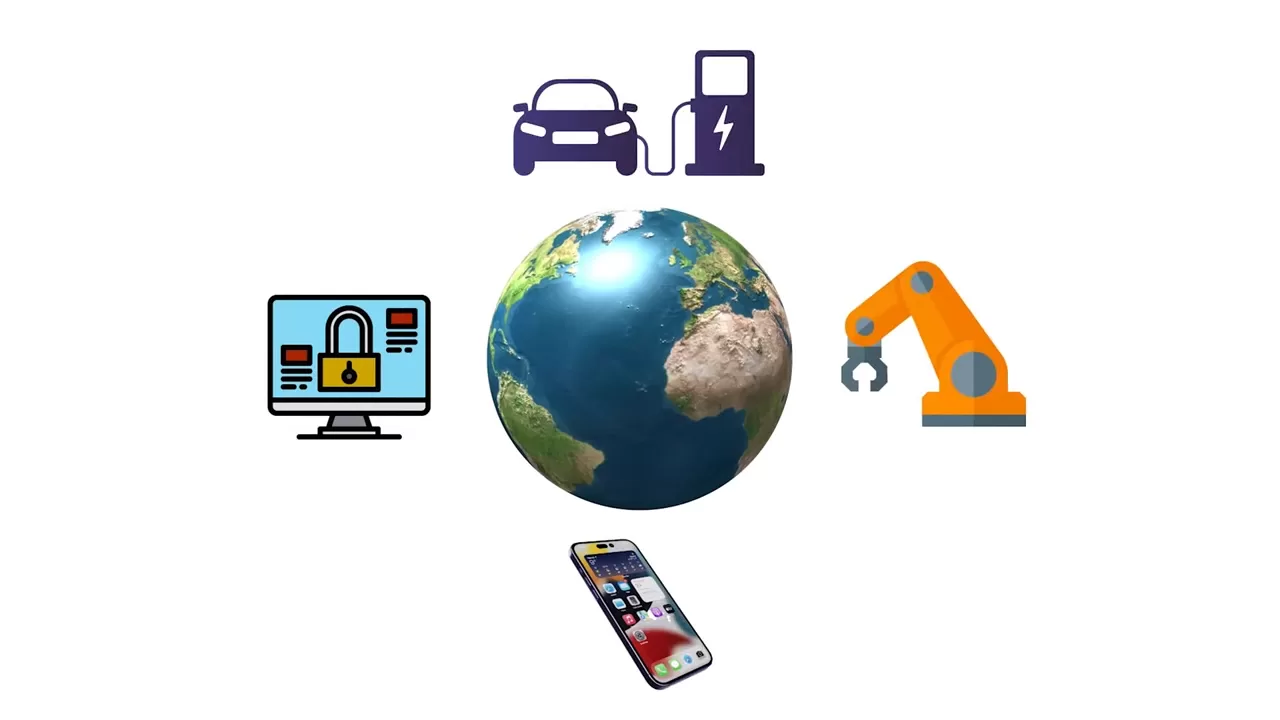In today’s interconnected digital world, information flows freely, borders fade, and users are more empowered than ever. Alongside the immense benefits of a global internet culture come various grey areas — digital spaces where mainstream rules are bent, sometimes broken, and often reinvented. One such phenomenon is the evolution of niche online forums that serve specific subcultures, interest groups, or market segments.
Among the most discussed in this context is the Lolzteam forum, a unique digital community that has become a symbol of the decentralized, unregulated internet. Often described as part of the broader “underground economy,” Lolzteam functions both as a discussion platform and a marketplace, enabling its users to engage in a wide array of activities — some ethical, some questionable, and some that blur the line between legal and illegal.
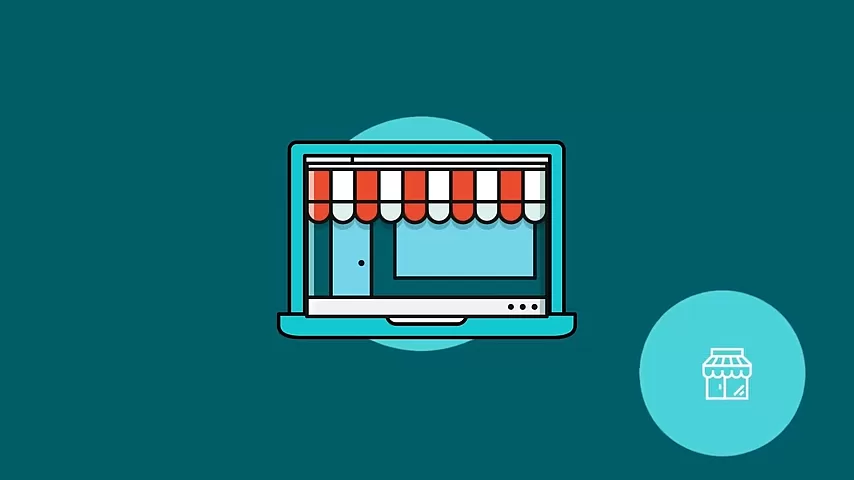
The Birth of a Subcultural Phenomenon
Lolzteam originated as a typical forum — a message board where users could share knowledge, ask questions, and trade tips. But its real identity developed as it attracted a specific user base: tech-savvy individuals interested in hacking, digital security, cryptocurrencies, account trading, and marketplace arbitration. Over time, it transformed into an influential hub of underground digital commerce and communication.
The name Lolzteam now carries weight across forums, social networks, and niche Telegram channels. It is frequently referenced in discussions involving hacking tools, social engineering methods, marketplace analytics, digital account sales, and cryptocurrency arbitrage.

What Makes Lolzteam Stand Out?
Several key elements distinguish the Lolzteam community from other online platforms:
- Decentralized Identity: Unlike mainstream forums that promote a single identity tied to an email or social login, Lolzteam thrives on pseudonymity. Users protect their identity at all costs, often using cryptographic wallets and PGP encryption.
- Smart Forum Architecture: The platform features a robust structure with categories for services, market listings, digital goods, guides, tutorials, and scam reports. The moderation is often community-driven or performed by long-standing trusted users.
- Marketplace Integration: Beyond discussion, Lolzteam has a built-in marketplace allowing users to buy and sell digital assets — ranging from gaming accounts and social media profiles to VPN credentials, fullz, and even malware kits.
- Reputation System: Trust is crucial. Lolzteam uses a reputation score, feedback mechanism, and escrow services to reduce fraud within its ecosystem. Sellers with high reputations often charge premium prices.
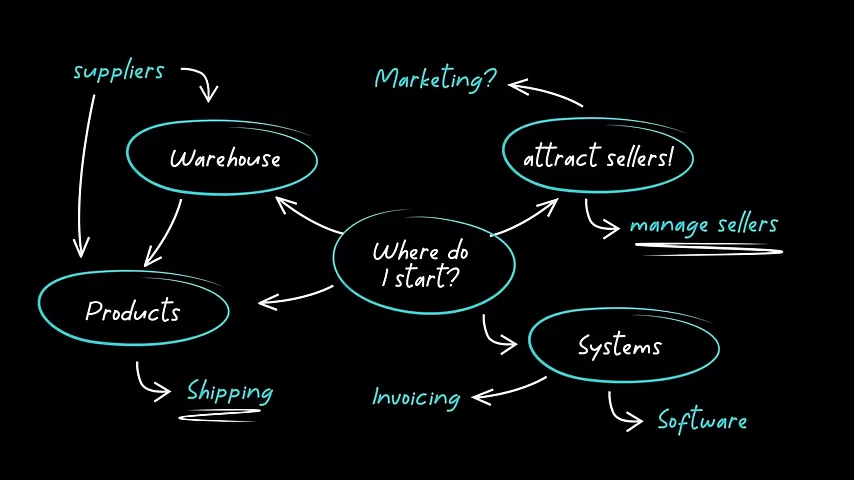
A Marketplace for the Digital Underground
One of the most talked-about aspects of the Lolzteam ecosystem is its marketplace. While digital marketplaces are not new, few operate with the level of anonymity and freedom seen here.
Users can browse thousands of listings for digital goods: Netflix and Spotify accounts, Steam and Epic Games logins, cloud storage access, gift cards, cracked software, and more. Some listings are completely legal — others, not so much.
The platform doesn’t operate as a fully dark web site — it’s accessible via clear web — but its contents and user behaviors share similarities with dark net marketplaces like AlphaBay or Hydra (before their takedown).
The difference is the forum-first approach. Unlike marketplaces that only allow product listings, Lolzteam includes discussion sections where users exchange methods, expose scams, request services, or publish how-to guides on topics like avoiding bans or conducting account recoveries.

Community and Culture
The user base of Lolzteam is diverse — from teenagers experimenting with cheat codes to experienced digital merchants running large-scale operations. Some users treat it as a business, others as a hobby. Still, others use it as a learning environment.
There’s a distinct cultural code within the community: language shorthand, meme references, badge systems, and even symbolic avatars that indicate one’s status in the community.
Despite its morally ambiguous environment, the community enforces its own ethical framework. Scamming fellow members is frowned upon. Breaking internal rules can result in bans. Forum admins rarely interfere unless needed — a model similar to decentralized moderation in open-source projects.
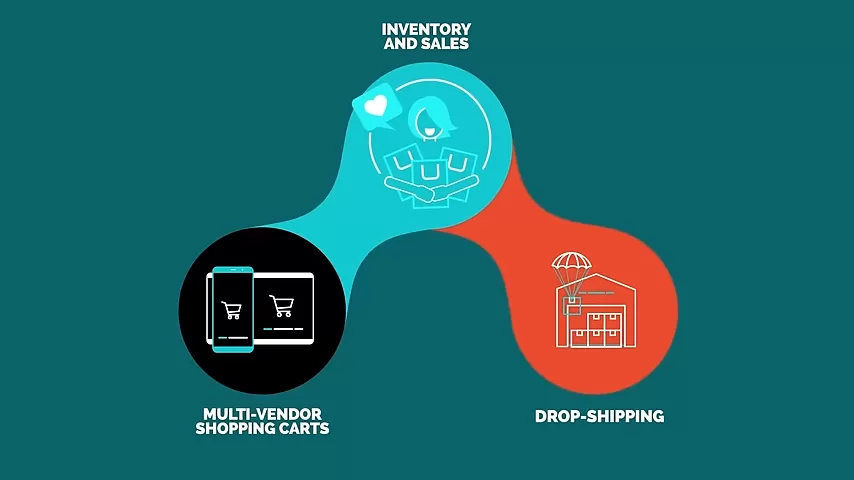
Legal and Ethical Grey Zones
Lolzteam operates in a legally ambiguous space. While it does not openly promote illegal activity, many of its listings and discussions may violate laws in certain countries.
Examples include:
- Account takeover services
- Carding discussions
- Social engineering tutorials
- Phishing kits
- Proxy and VPN bypass methods
The forum explicitly discourages discussion of certain extreme topics — such as child exploitation or terrorism — which often leads to it being treated differently than fully criminal underground forums. This blurry boundary often keeps it online longer and more stable than dark net alternatives.
Still, anyone accessing the Lolzteam forum should be fully aware of the risks, including surveillance, phishing, or entrapment operations.
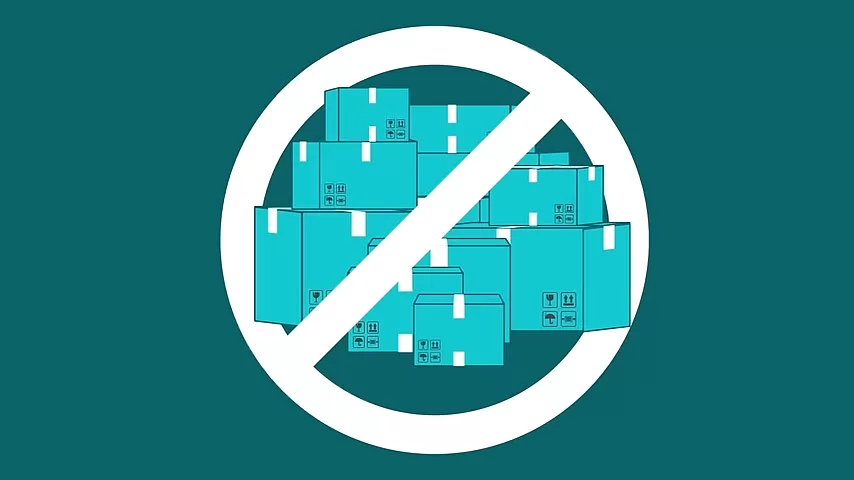
Cryptocurrency and Payment Systems
As with most underground economies, cryptocurrencies fuel Lolzteam’s transactions. Bitcoin, Monero, and USDT are frequently used due to their pseudo-anonymity. Some sellers even accept niche altcoins or tokenized gift cards.
Smart contracts and escrow systems provide a layer of transaction safety. This makes the marketplace appear professional, organized, and in some cases — more efficient than traditional e-commerce websites.
For many users, the experience feels similar to browsing Amazon or eBay — but for entirely different categories of digital assets.
Education or Exploitation?
Interestingly, Lolzteam has also evolved into a kind of digital academy. Newcomers can access courses, video tutorials, and write-ups on everything from web scraping to cryptocurrency arbitrage to Android app cracking.
While these educational resources may serve legitimate curiosity or programming practice, they also arm users with tools to exploit online platforms. This dual nature creates a moral dilemma for many observers.
Is it ethical to teach someone how to automate online ad clicks? To scrape web content? To reverse-engineer applications? These questions rarely get answered inside the forum — where technical skills are valued regardless of intent.
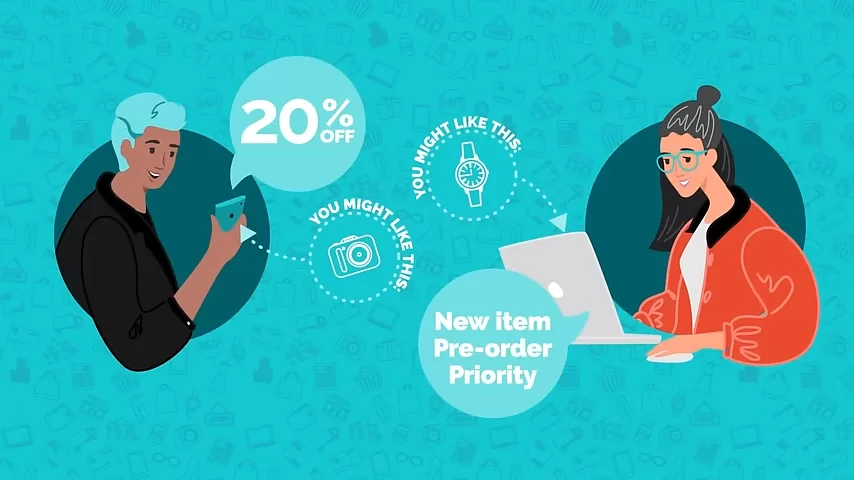
Implications for the Future
As mainstream platforms enforce stricter identity controls, censorship policies, and surveillance systems, more users — especially those who value privacy — are gravitating to forums like Lolzteam.
This trend poses both risks and opportunities:
- Risks: Potential rise in cybercrime, increased fraud, greater difficulty for law enforcement to track online activity.
- Opportunities: Decentralized platforms for skill development, resilient digital communities, alternative e-commerce models.
It’s clear that forums like Lolzteam are not going away. In fact, they’re multiplying — inspiring clones, spin-offs, and even Telegram-based micro-forums.
Conclusion
Lolzteam is more than just a forum. It’s a self-contained ecosystem representing the future (and present) of the decentralized internet. For those looking to understand how online underground economies function — ethically, technically, and socially — there are few better case studies.
Still, users should approach such platforms with caution. Security, legality, and personal responsibility are critical. While the freedom of the internet allows these communities to flourish, it also demands a higher level of awareness from everyone who chooses to participate.


